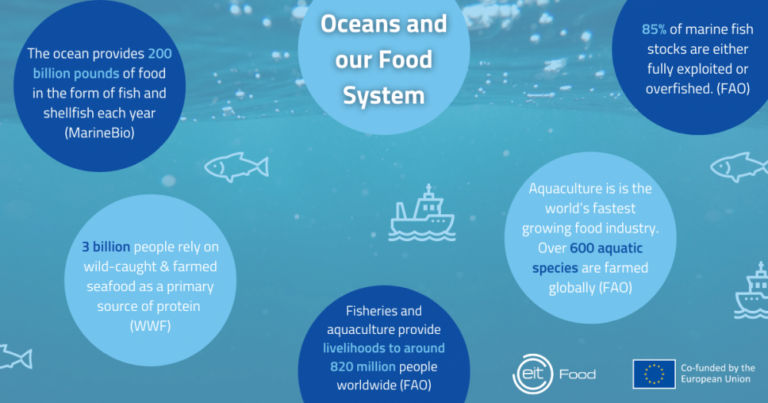- About
- Topics
- Picks
- Audio
- Story
- In-Depth
- Opinion
- News
- Donate
- Signup for our newsletterOur Editors' Best Picks.Send
Read, Debate: Engage.

The challenges associated with fisheries are numerous: from the large-scale fishing industry and the often untraceable artisanal fishing enterprises (which can be carried out at almost any beach by numerous workers and often lack proper regulation or governmental supervision) to illegal vessels which navigate the seas with no surveillance and flout national rules, even within protected areas.
The consequences of fishing often include the overexploitation of marine life stocks, the bycatch of other species such as sharks, turtles and dolphins and the violation of human and labour rights.
And yet, despite all these challenges, blue foods are needed to guarantee food security for around 3 billion people globally, according to Blue Food Assessment. The United Nations Food and Agriculture Organization (FAO), too, recognises the importance of blue foods and has been working to provide conditions for more sustainable fisheries around the world.
The overarching question posed by this dossier is: can we actually achieve sustainable levels and methods of fishing while providing food for us all?

Source: eit Food
In this dossier, journalists from several Latin American countries tackle this massively complex and urgent question. They spoke to artisanal fishermen, scientists and activists in order to better understand the challenges of a continent surrounded by the waters of the Atlantic and Pacific Oceans and the Caribbean Sea, where issues concerning fisheries are both prominent and under-reported.
Come on a journey through Latin America’s coasts. Follow the stories from Argentina, Brazil, Chile, Costa Rica, Ecuador and Mexico, reflecting different voices, cultures and realities. Get a glimpse into what Latin America faces when it comes to artisanal and industrial fisheries - the advances in protections and the hidden threats that evade surveillance.
Meet the people working hard to protect marine life and, by extension, our very own lives.